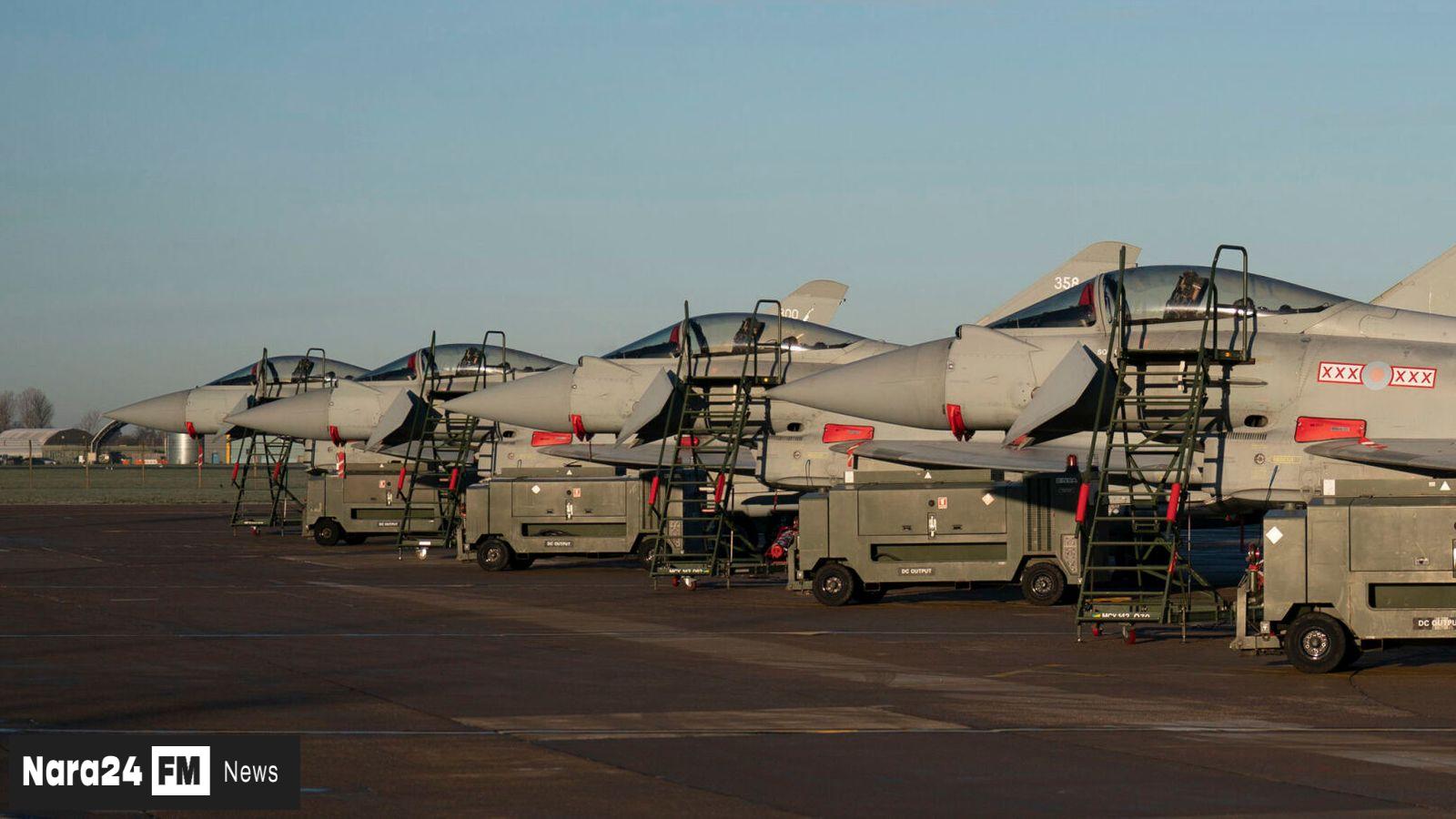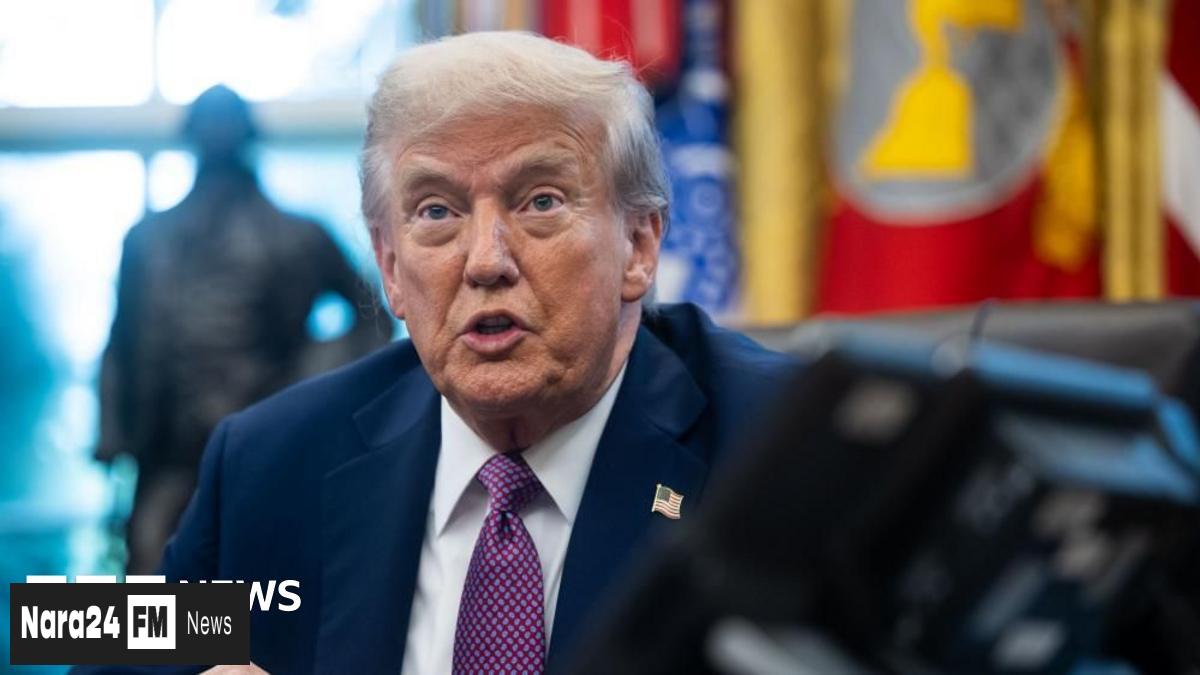Historic Defense Commitment Amid Rising Global Tensions
The United Kingdom and fellow NATO allies have formalized a landmark agreement to elevate combined defense and security spending to 5% of GDP by 2035. Prime Minister Sir Keir Starmer characterized the move as essential to confront an "era of radical uncertainty," though the pledge faces accusations of budgetary obfuscation from skeptics.
Criticism and Warnings Emerge
Ukrainian President Volodymyr Zelenskyy immediately challenged the timeline, telling Sky News the 2035 target was "very slow" given Russia's accelerating military capabilities. "Putin could attack a NATO country within five years," he cautioned, underscoring regional anxieties. Defense analysts echoed concerns, labeling the reclassification of existing intelligence budgets—now included in the calculation—as "smoke and mirrors."
NATO Summit Dynamics
The commitment, set for ratification at the ongoing NATO summit in The Hague, replaces the alliance's previous 2% benchmark. U.S. President Donald Trump, whose persistent demands for increased allied spending heavily influenced the accord, arrived at the negotiations amid heightened tensions. His administration simultaneously claimed credit for brokering an Iran-Israel ceasefire following recent missile exchanges.
Notably, Spain's leadership voiced reservations about binding compliance, while the UK's initial hesitation contrasted with its proclaimed "NATO-first" defense posture. The revised UK spending framework allocates 3.5% of GDP to core military functions and 1.5% to homeland security and resilience—categories expanded to encompass energy, food systems, and border protection.
Strategic Shifts and Reviews
Accompanying the announcement, the British government unveiled a Cold War-inspired national security strategy emphasizing "whole-of-society resilience." Though current UK defense expenditure stands at 2.3% (rising to 2.6% by 2027 with intelligence funding included), no new immediate funding was pledged. A progress assessment is scheduled for 2029.
The agreement reflects deepening geopolitical fissures, with NATO planners condensing summit proceedings to accommodate unpredictable diplomatic engagements. As Starmer declared the spending alignment "a foundation for security since 1945," the palpable unease surrounding Trump's commitment to the alliance underscored the fragile unity behind the ambitious target.







Comments (0)
Leave a Comment
Be the first to comment on this article!